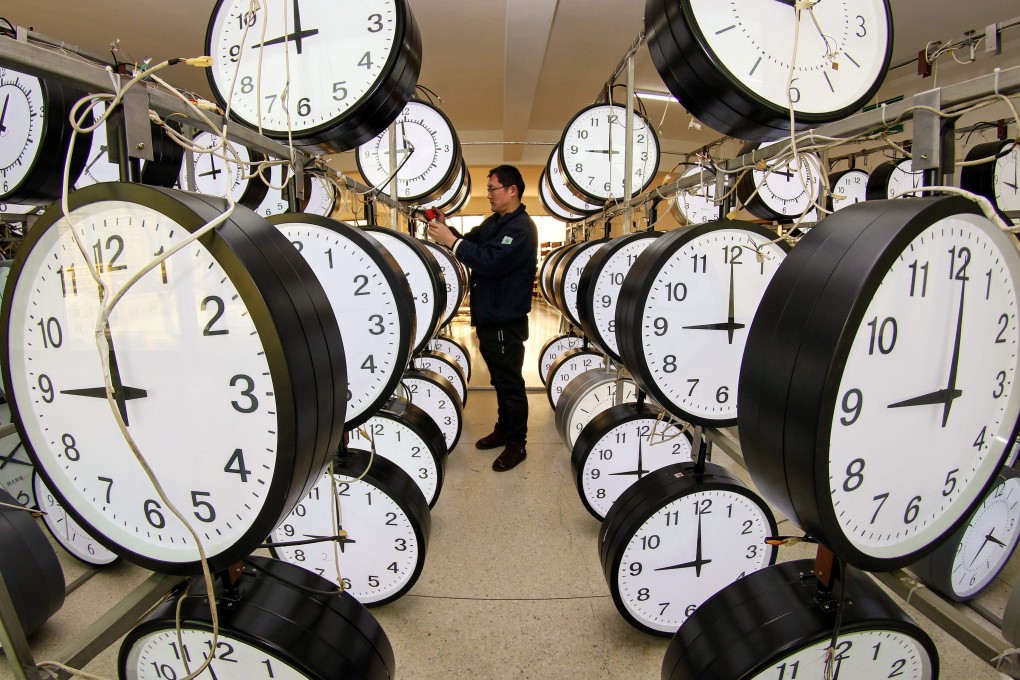China’s rein on financial innovation shows it won’t give up manufacturing for a runaway services sector
- It is unlikely Beijing will pursue the development of financial and other service sectors for its own sake, at the expense of industry
- China is apparently keen to avoid the ascendancy of ‘moneymakers’ over ‘thing makers’ in Western economies that has helped create economic inequalities and social friction

Britain’s Lord Henry Pilkington of glassmaking fame once remarked proudly that he was a “thing maker” rather than a “moneymaker” – a comment that has reverberated as British industrial power declined in favour of finance and other services. His remark is relevant to the West-vs-China economic rivalry today.
Britain became a “post-industrial economy”, a term popularised in the 1970s, while the Pilkington Brothers glass empire was still thriving. But as other great names in British industry declined, a financial or moneymaking ethic became predominant in many Anglo-Saxon economies.
Post-industrial (or hollowed out) economies need to outsource the production of goods they no longer manufacture themselves. China has been a prime beneficiary of this, but it seems unlikely to make the same mistakes as Britain and the United States, among others, in becoming “post-industrial”.
The Chinese have remained essentially thing makers but that does not mean they are ignoring the need to develop financial skills, though not so much those of the “moneymaking” variety seen in places that have elevated finance above all else, but of the “money management” type needed to serve a complex economy.
This distinction, or divergence, is important. It is not about a purist and naive theory of finance being a “handmaiden”, whose role in life is to humbly serve commerce and industry, but rather a question of the priorities accorded by a society to different elements in its economy.
